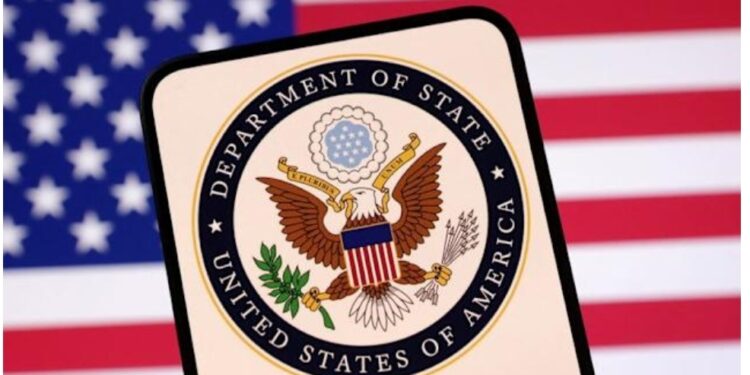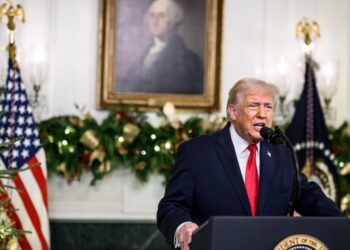In a sweeping new directive that could affect thousands of international students, the Trump administration has moved to intensify social media scrutiny as part of the visa process for foreign nationals seeking to study in the United States, particularly targeting those applying to institutions like Harvard University.
The decision follows a series of controversial immigration-related actions by the administration, including recent efforts to cap foreign student admissions at Harvard at 15% and proposals to revoke the university’s authorization to host international students. Officials say the new vetting policy is part of broader national security measures aimed at preventing campus-based threats and monitoring ideological influences.
Under the tightened rules, all foreign student applicants to U.S. institutions will now be required to submit detailed information about their social media activity for the past five years—including usernames, platforms used, and content engagement. This data will be assessed by immigration and security officials as part of visa adjudication.
White House spokeswoman Abigail Jackson said the move is a “necessary and strategic measure to identify any potential security risks and ensure that foreign students entering our country do not pose a threat to campus safety or national interests.”
The Department of Homeland Security echoed this stance, stating the changes are part of a “broader initiative to root out extremism, foreign influence operations, and coordinated anti-American sentiments on U.S. soil.”
Civil liberties groups, academic institutions, and international education advocates have raised alarms, warning that the policy risks suppressing free expression, intimidating foreign students, and damaging the United States’ reputation as a global education leader.
“This is surveillance, not security,” said Sarah Ahmed, a policy analyst at the American Civil Liberties Union (ACLU). “This level of monitoring creates a chilling effect on speech and disproportionately affects students from politically sensitive regions.”
At Harvard University, the directive is viewed as part of a broader campaign by the Trump administration to exert control over elite academic institutions. Just weeks earlier, the administration issued a proclamation targeting the Ivy League school, accusing it of harboring antisemitism and collaborating with foreign governments—particularly China.
Harvard has strongly denied the allegations and is currently challenging multiple federal orders in court. The university argues that these actions constitute overreach and retaliation for resisting government interference in its curriculum and governance.
International students at Harvard’s John F. Kennedy School of Government—long recognized for its diversity and global leadership training—are especially vulnerable under the new vetting policy. Over half of the Kennedy School’s students come from outside the United States, with many holding or pursuing leadership positions in their home countries.
“I never imagined that the simple act of liking a post on social media would become a threat to my education,” said Fatima Al-Masri, a Palestinian student at the Kennedy School. “This feels like an intrusion into our private lives.”
Education analysts warn that the increased vetting could lead to a significant drop in foreign student enrollment at U.S. universities, which rely heavily on international talent and tuition. The U.S. Department of Commerce reported that foreign students contributed over $38 billion to the U.S. economy in 2023 alone.
Former U.S. diplomat and Kennedy School professor Nicholas Burns said the decision undermines America’s global influence: “By targeting the very students who seek to learn about democracy, diplomacy, and development, the U.S. risks eroding the same soft power it once championed.”
While the administration maintains that the social media screening is essential for national security, legal experts caution that the implementation could face judicial pushback, particularly over First Amendment concerns and the potential for discriminatory enforcement.
In the meantime, foreign students across the country are anxiously reevaluating what they post online—and whether their dream of studying in the U.S. is worth the risk.




















































































 EduTimes Africa, a product of Education Times Africa, is a magazine publication that aims to lend its support to close the yawning gap in Africa's educational development.
EduTimes Africa, a product of Education Times Africa, is a magazine publication that aims to lend its support to close the yawning gap in Africa's educational development.